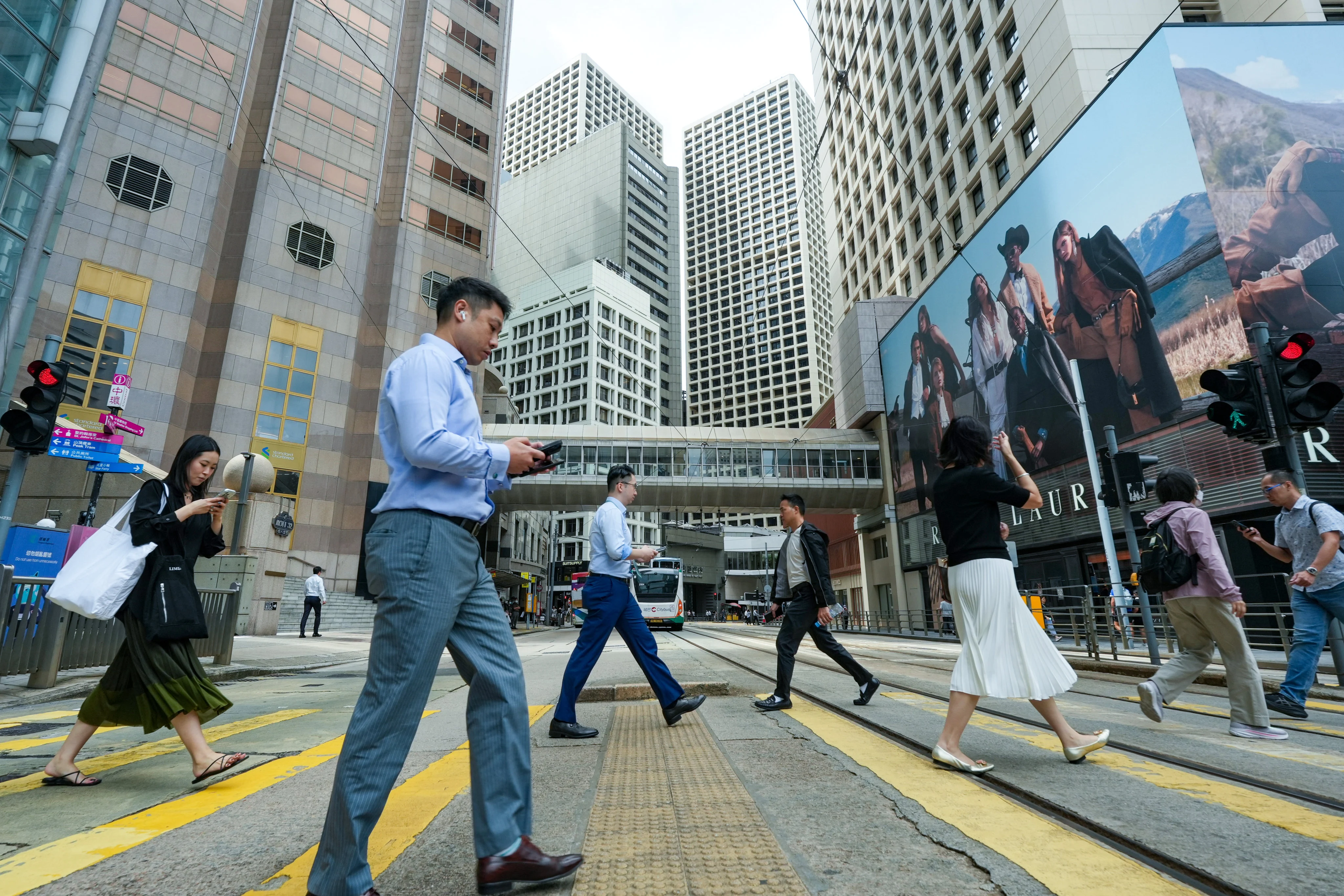Copyright scmp

Deloitte China plans to hire about 1,000 people in Hong Kong and invest HK$500 million (US$64 million) over the next four years, as part of a new initiative that is expected to strengthen the city’s role as a regional talent and innovation hub. Called the “Hong Kong LEAP” strategy, the initiative is focused on expanding the company’s capabilities in fintech, capital markets operations and artificial intelligence – areas that would be key to driving the city’s next phase of economic transformation, according to the consultancy. Deloitte unveiled the strategy alongside the release of its 2025 Hong Kong Economic Outlook white paper, which identified the city’s four growth engines: driving financial innovation, supporting mainland enterprises’ global expansion, bolstering regional innovation and technology collaboration, and accelerating the green transition. “With its unique strengths, Hong Kong stands at the convergence of threefold opportunities: global geopolitical shifts, national strategic priorities and deeper integration within the Greater Bay Area,” said Deloitte China CEO Dora Liu, who noted the city’s potential to serve as a “super connector” between the mainland and international markets under China’s 15th five-year plan. The new positions to be created by Deloitte China in Hong Kong would involve financial services innovation, capital market advisory and AI development, according to materials provided by the firm. The company’s latest plans reflect Hong Kong’s efforts to reinvent itself beyond finance and property, as sluggish growth and a shrinking workforce weighed on business confidence. New investments and job creation by global firms are widely expected to help restore momentum in the city’s professional services and technology sectors. Hong Kong topped the global rankings in initial public offering fundraising during the first three quarters of 2025, driven by strong capital inflows and the rise of offshore yuan and green bonds, according to Deloitte China’s white paper. The firm called on policymakers to broaden the city’s investment schemes to include digital assets, while expanding cross-border cooperation in the bay area. “As mainland companies shift toward exporting integrated capabilities such as technology, branding and management, Hong Kong’s edge is increasingly defined by its ability to align specialised resources with enterprise needs and foster partnerships tailored to specific market scenarios,” said Edward Au, Deloitte China’s southern region managing partner. About 77 per cent of mainland Chinese companies had chosen Hong Kong as their global launch pad, according to data from Deloitte. It pledged to continue supporting these firms’ overseas expansion and capital management needs. “With its mature financial system, low-tax environment, and efficient settlement infrastructure, Hong Kong is emerging as an ideal destination for establishing corporate treasury centres,” Au said. The white paper also highlighted the city’s potential in terms of innovation and technology, as well as green transition. According to Deloitte, the Hetao Shenzhen–Hong Kong Science and Technology Innovation Cooperation Zone attracted more than 400 tech enterprises and 15,000 researchers. Meanwhile, the Northern Metropolis could offer new land supply for industrial development and housing fresh talent. In addition, the white paper proposed the establishment of a clearer framework for so-called transition finance to help carbon-intensive industries decarbonise, as Deloitte estimated that Asia faced a US$9 trillion funding gap for low-carbon transition by 2030.



